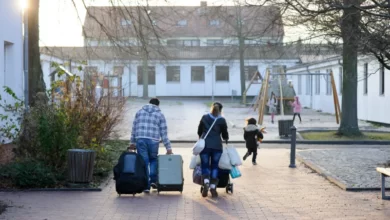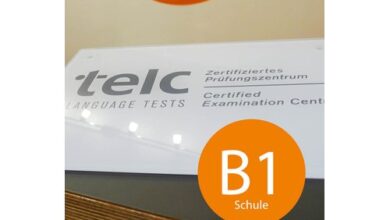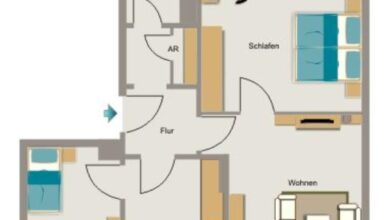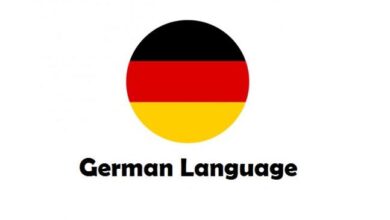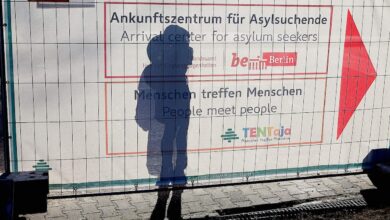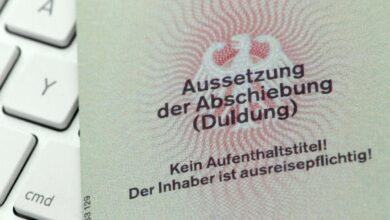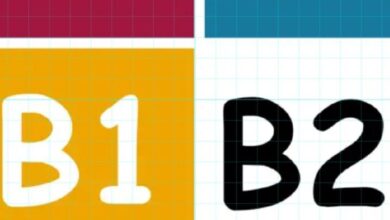Uniting Families: Exclusive Insights into Family Reunification for Individuals with Temporary Protection in Germany

Germany has a longstanding tradition of offering refuge to those fleeing conflict, persecution, and crises from various parts of the world. For individuals who have been granted temporary protection status in Germany, the right to family reunification is an essential aspect of rebuilding their lives. In this exclusive article, we will delve into the entitlement to family reunification for those with temporary protection in Germany, focusing on the eligibility criteria, application process, and the duration of this right.
1. Understanding Temporary Protection
Temporary protection, often referred to as “subsidiary protection” in Germany, is a legal status granted to individuals who do not meet the criteria for full refugee status but still face significant risks in their home countries. This status is typically awarded following an individualized assessment of their situation.
2. Eligibility for Family Reunification
Individuals with temporary protection status in Germany have the right to apply for family reunification. This right extends to immediate family members, typically including spouses and minor children.
3. Duration of Family Reunification Entitlement
The entitlement to family reunification for individuals with temporary protection status in Germany is initially granted for one year. During this one-year period, individuals can apply to bring their immediate family members to join them in Germany.
4. The Application Process
The family reunification process for those with temporary protection status involves several key steps:
- Eligibility Assessment: Family members abroad must meet the eligibility criteria, including establishing their familial relationship and fulfilling requirements related to age and dependency.
- Application Submission: The individual with temporary protection status in Germany initiates the process by submitting an application for family reunification on behalf of their family members abroad. This application is typically submitted to the local immigration authorities.
- Verification of Identity and Relationship: The authorities verify the identity of the family members abroad and their relationship to the person with temporary protection status. This may require the submission of supporting documents and participation in interviews at the local German embassy or consulate.
- Processing Time: The processing time for family reunification applications can vary but generally takes several months. It’s crucial for applicants to be patient during this period.
5. The Significance of Family Reunification
Family reunification holds immense significance for individuals with temporary protection status in Germany:
- Emotional Well-being: Reuniting with loved ones can significantly improve the emotional well-being and mental health of those with temporary protection.
- Social Integration: Family reunification plays a pivotal role in facilitating social integration by providing emotional support and a sense of belonging.
- Economic Stability: Having family members together often enhances economic stability as it allows for shared living expenses and can lead to increased opportunities for employment and financial security.
- Child Welfare: Reuniting families ensures that children are raised in a stable and nurturing environment, which is essential for their growth and development.
The entitlement to family reunification for individuals with temporary protection status in Germany underscores the nation’s commitment to humanitarian principles and international obligations. It recognizes the importance of keeping families together, enabling individuals to rebuild their lives, and fostering positive contributions to their new homeland. This exclusive insight into family reunification highlights the significance of this right within the context of temporary protection, offering hope and stability to those who have sought refuge in Germany and their families.






